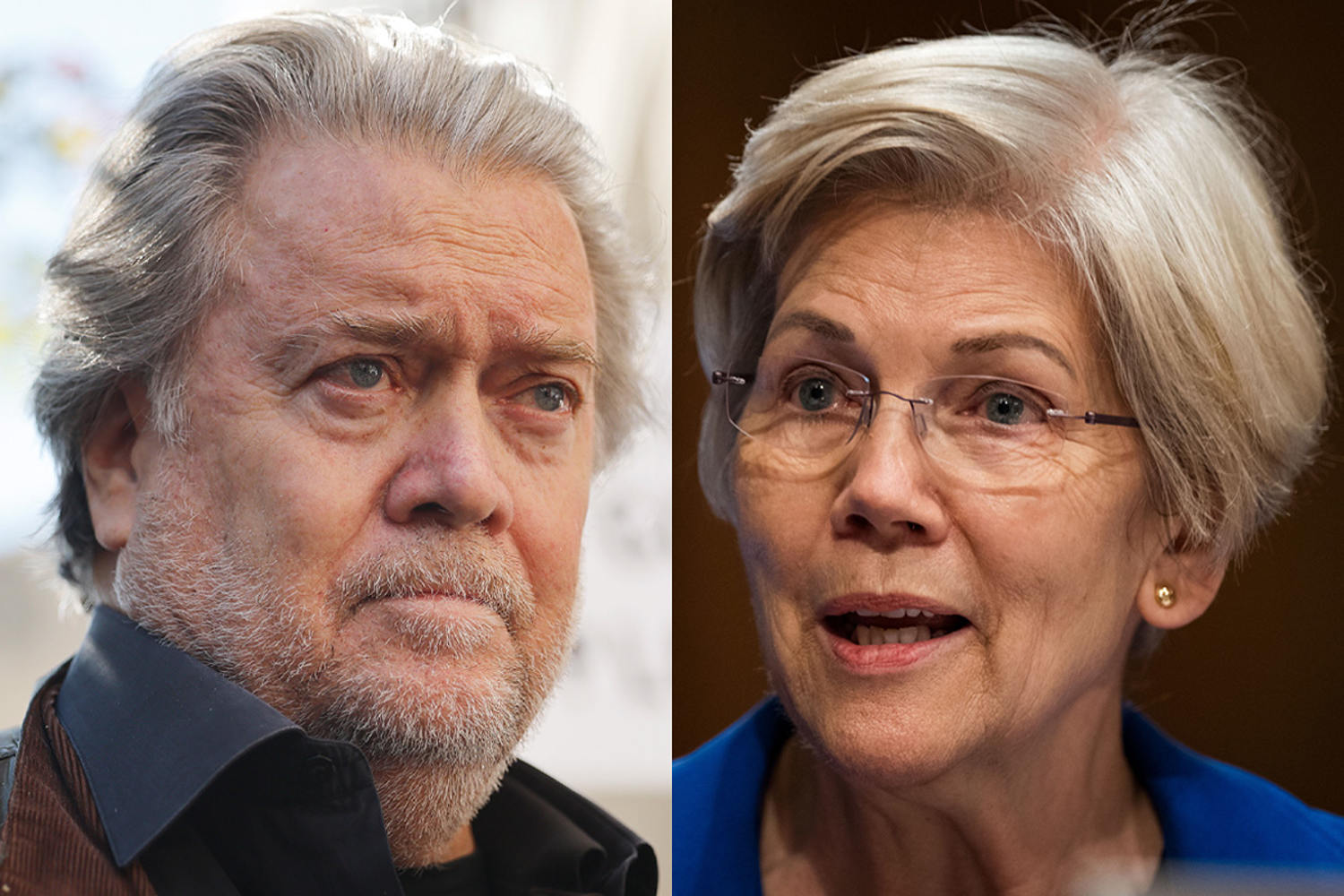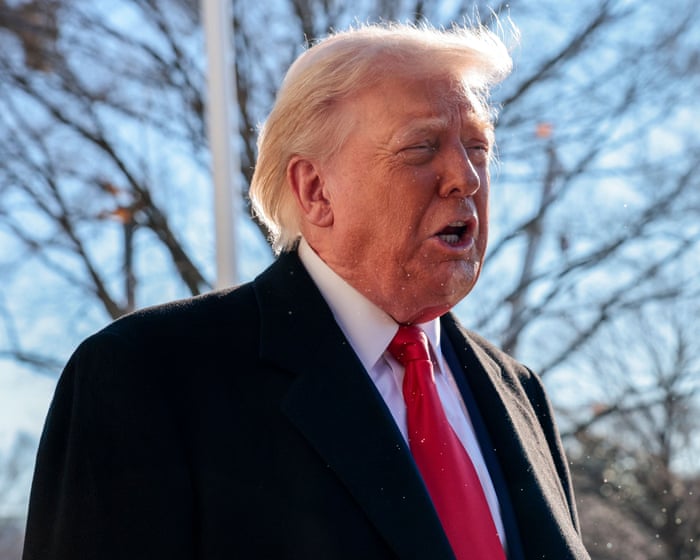From Steve Bannon to Elizabeth Warren, backlash erupts over push to block states from regulating AI
NegativeU.S News

- Recent efforts in Washington to prevent individual states from regulating artificial intelligence have sparked a bipartisan backlash, with notable figures like Steve Bannon and Elizabeth Warren expressing their concerns. This move is seen as an attempt to centralize AI governance at the federal level, raising alarms about the implications for state autonomy and regulatory diversity.
- The push to block state-level regulation of AI is significant as it reflects broader tensions between federal and state authorities over governance in rapidly evolving technological landscapes. Critics argue that such centralization could stifle innovation and limit local responses to AI-related challenges.
- This development is part of a larger discourse on AI regulation in the U.S., where debates are intensifying over the balance of power between federal and state governments. The ongoing discussions also highlight concerns about job displacement due to AI advancements, as well as the potential risks associated with unregulated AI technologies, emphasizing the need for a comprehensive regulatory framework.
— via World Pulse Now AI Editorial System
